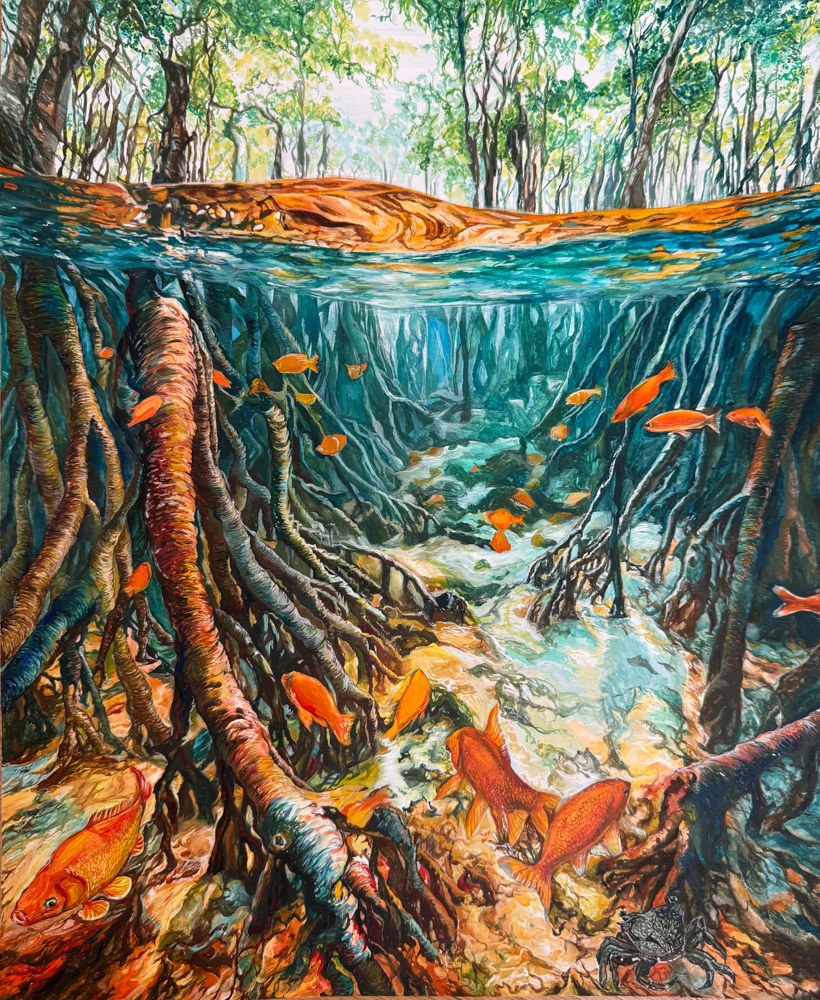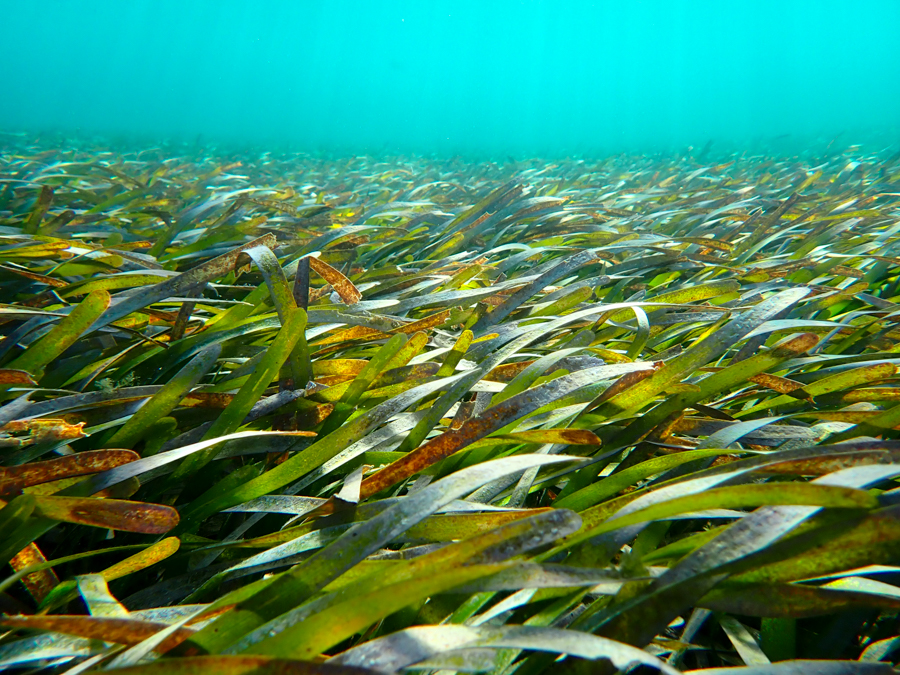The response to our 2025 Science Without Borders® Challenge has been overwhelming! We’ve been blown away by the sheer number of submissions we received from aspiring young scientists and artists worldwide. Last week, we proudly unveiled the finalists in the 11-14 age group, and now, we’re ecstatic to announce the finalists in the 15-19 year-old category.
These gifted students come from all over the globe, including The Bahamas, Canada, China, Greece, Japan, Indonesia, Korea, Thailand, and the United States. Their artwork brings the 2025 theme, “Marine Keystone Species,” to life in extraordinary ways. From intricate illustrations of krill and coral to impactful portrayals of sharks, sea otters, polar bears, mangroves, and more, each piece highlights the essential roles these species play in maintaining ocean balance and biodiversity.
Without further ado, please meet our talented 15-19 year old finalists! These exceptional artists have not only showcased their incredible talents but also their unwavering passion for marine conservation.
15-19 Year-Old Finalists
"A Fragile Sanctuary" by Caitlin Yoon, Age 15, United States of America
ARTIST'S STATEMENT: Coral reefs are vital to the health of the ocean and other marine species, and their lives are changing because of humans. Approximately 25% of coral reefs are relied on by marine species in the ocean as they provide oxygen, food, and shelter. Coral has an overwhelming influence on the growth of ocean species, but they are being destroyed by climate change. Recent bleaching events caused by rising ocean temperatures have left 65.7% of corals bleached. Coral is essential to the growth of oceanic biodiversity and should live healthily alongside humans. By creating a large difference in size between the people and the coral, it highlights how huge the life of coral is to the ecosystem in comparison to humans. The humans living in the coral reef express the potential for a healthy relationship, but it can only happen once humans start to protect their marine keystone species.
Stay tuned! We will announce the winners in the next couple of weeks.



